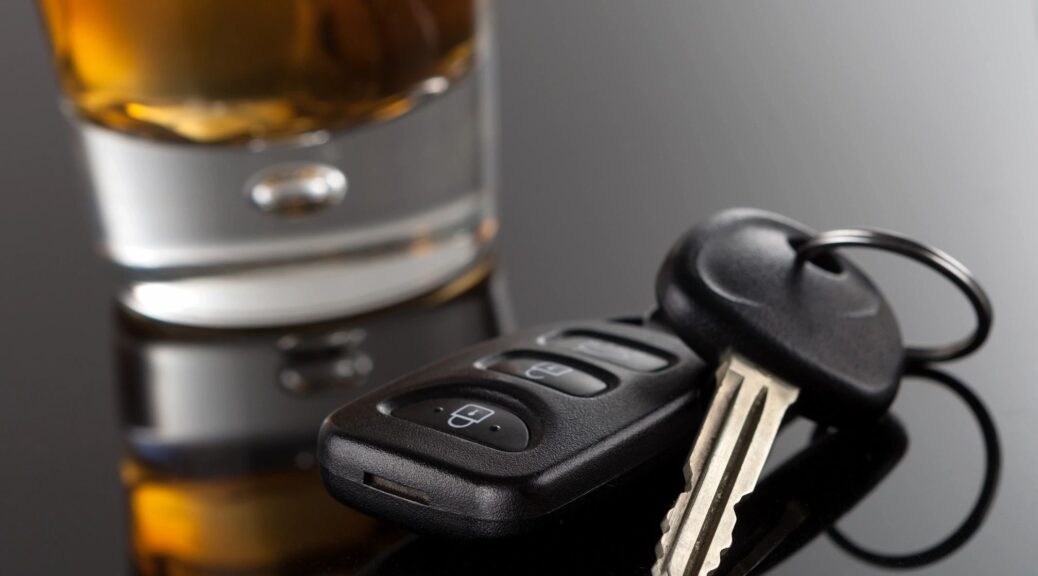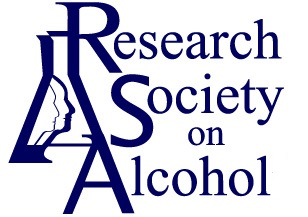Smartphone Web App for DWI Offenders and Families
Driving while intoxicated (DWI) results in significant morbidity and mortality. The use of vehicle ignition interlock devices decreases the risk of drinking and driving while installed, but DWI rates increase after the devices are removed. Dr. W. Gill Woodall, Klein Buendel Senior Scientist, and his research collaborators have developed and tested the B-SMART smartphone web app to continue to support offenders and their concerned family members after their ignition interlock devices have been removed. They have published their methods and results of usability testing online in the Journal of Substance Use and Addiction Treatment.
Formative data collection for app development occurred in two phases. Phase 1 included key informant interviews with DWI offenders and concerned family members, development of one app module, and usability testing. Phase 2 included focus groups with DWI offenders and concerned family members, development of three more app modules, and usability testing. The Bangor System Usability Scale was used to rate app usability and satisfaction.
Results of key informant interviews and focus groups indicated that offenders and family members lacked information and were frustrated by the ignition interlock device, experienced financial burden from the DWI and the device, viewed supportive communication and positive shared activities as important, and were positive about the app. The four modules developed were Life with Interlock, Supporting Changes in Drinking, Doing Things Together, and Effective Communication. Each module included an introduction, at least one interactive activity, a video, and text to summarize what was presented. The content of the app modules was written primarily for the concerned family members. Usability testing indicated that the B-SMART modules were easy to use and informative.
The paper published online in the Journal of Substance Use and Addiction Treatment details the research measures, methods, analyses. A diagram describes the flow for the features and design of the app. This careful formative work resulted in an app responsive to the concerns of DWI offenders with ignition interlock devices and their concerned family members.
The authors believe that harnessing the power of the family to help the offender maintain a pattern of driving when not impaired may yield longer, successful outcomes initiated by the ignition interlock device. A future paper will report the efficacy of the B-SMART app after its implementation and testing in a rigorous randomized trial.
This research was supported by a grant from the National Institute on Alcohol Abuse and Alcoholism (AA022850; Dr. W. Gill Woodall, Principal Investigator). Collaborators included Dr. Barbara McCrady, Dr. Randall Starling, and Dr. Vern Westerberg from the University of New Mexico; Mr. Thomas Starke from Impact DWI in Sante Fe, New Mexico; and Ms. Julia Berteletti, Ms. Marita Brooks, and Ms. Lila Martinez from Klein Buendel. The B-SMART app was developed by the Creative Team at Klein Buendel.







